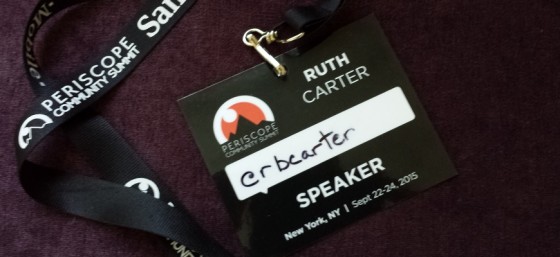
Carter Law Firm releases a new Question of the Day video on its YouTube channel every Wednesday. I record these videos in advance in batches and then schedule them to be released on a weekly basis. The questions and topics for this videos come from terms people search for and end up on my site, questions I receive via email, and recent events related to business law, social media law, and intellectual property.
I schedule the videos to be published at 3am Arizona time so each new video is live by the time I get up on Wednesday morning. This past Wednesday, I awoke to a surprising email from YouTube:
The YouTube community flagged one or more of your videos as inappropriate. After reviewing the content, we’ve determined that the videos violate our Community Guidelines. As a result, we removed the following videos from YouTube . . . .
Wait…what?!? I do Q&A videos about legal questions. How did I violate their community standards?
The video in question was entitled, “Posting Pictures of a Girl you Bought Online.” This was a phrase someone searched for an ended up on this site. I started this video by questioning whether the person was asking about the legalities of posting a photo that he/she had purchased and the image depicted contains another person (copyright and rights of publicity issues) or if the person had purchased another human being and wanted to know if he/she could post an image of the purchased person online (human trafficking issues). I assumed the person was asking about copyright and publicity rights and addressed those issues in a general sense.
So why was the video pulled? Perhaps someone thought I made too light an issue of human trafficking (which I would never intentionally do). Whatever the reason, I sighed and thought “Their site. Their rules.” Whoever controls a forum decides what others can and can’t post on it. If they had an issue with my video, it was their prerogative to remove it. If you want to see it, I posted it on the Carter Law Firm Facebook page.
If you have a website where others can post comments or other content, you get to set the rules regarding what is and is not allowed. As long as your rules aren’t illegal, you can write them however you want. Even this site has a terms of service.
If you want more information about website terms of service, please check out my book The Legal Side of Blogging: How Not to get Sued, Fired, Arrested, or Killed. If you want to chat with me about YouTube’s policies or terms or service in general, you can contact me directly or connect with me on Twitter, Facebook, YouTube, or LinkedIn.








